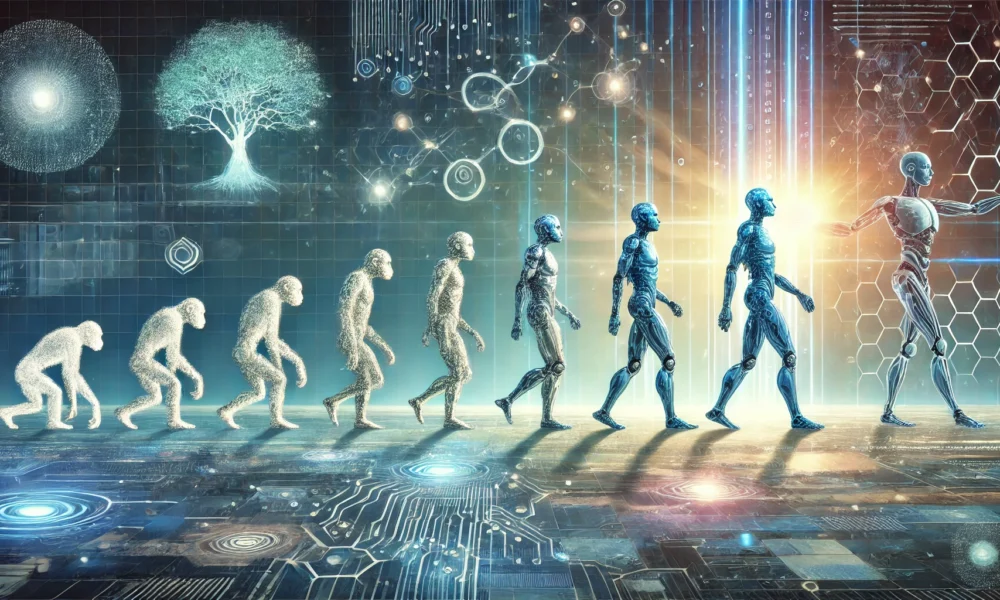Unlocking the Potential of Self-Evolving AI
AI has long been a powerful tool shaped by human hands, but recent advancements are pushing the boundaries of what it can achieve. The quest for self-evolving AI is gaining momentum, with breakthroughs in automation, adaptability, and autonomy paving the way for a new era of artificial intelligence.
Heading Towards True Self-Evolving AI
The concept of self-evolving AI is not new, but recent advancements are bringing us closer to making it a reality. By harnessing techniques like meta-learning, reinforcement learning, and generative models, AI systems are becoming more adept at learning and improving independently. Are we on the brink of creating AI that evolves like living organisms?
Revolutionizing AI Development with Cutting-Edge Technologies
Automated Machine Learning, Generative Models, Meta-Learning, Agentic AI, and Reinforcement Learning are revolutionizing the field of AI by enabling systems to evolve and adapt on their own. These technologies are driving AI towards a new era of self-directed evolution, with minimal human intervention required.
Navigating the Implications and Challenges of Self-Evolving AI
As self-evolving AI becomes a reality, it presents both exciting opportunities and significant challenges. While these systems have the potential to drive breakthroughs in scientific discovery and technology, there are concerns about unforeseen outcomes and the need for ethical oversight. Striking a balance between progress and caution will be essential as we continue to push the boundaries of AI.
Embracing the Future of Self-Evolving AI
With advancements in automated learning and adaptive technologies, the future of self-evolving AI is within reach. However, ensuring the safe and ethical development of these systems will be crucial to unlocking their full potential. As we navigate this new frontier, it’s important to approach AI development with a thoughtful and balanced perspective.
-
Can AI truly build itself without human intervention?
Yes, self-evolving AI systems use algorithms and machine learning techniques to continuously improve and adapt without direct human input. They can learn from their own experiences and interactions with data to improve their performance over time. -
What are the potential benefits of self-evolving AI?
Self-evolving AI systems have the potential to rapidly improve and innovate without the need for constant human supervision. This could lead to more advanced technologies, greater efficiency in various industries, and the ability to solve complex problems at a faster pace. -
Are there any risks or drawbacks to self-evolving AI?
One potential risk of self-evolving AI is that these systems could evolve in unexpected ways or develop biases that are difficult to detect and correct. There are also concerns about the ethical implications of AI systems making decisions without human oversight. -
How can we ensure that self-evolving AI develops responsibly?
To ensure that self-evolving AI develops responsibly, it is important to establish clear guidelines and regulations for the development and deployment of these systems. Additionally, ongoing monitoring and transparency are essential to detect and address any potential issues that may arise. - What are some examples of self-evolving AI applications?
Self-evolving AI is already being used in various fields, such as healthcare, finance, and autonomous vehicles. For example, self-evolving algorithms can be used to improve medical diagnoses, optimize financial portfolios, and enhance the performance of self-driving cars.


No comment yet, add your voice below!